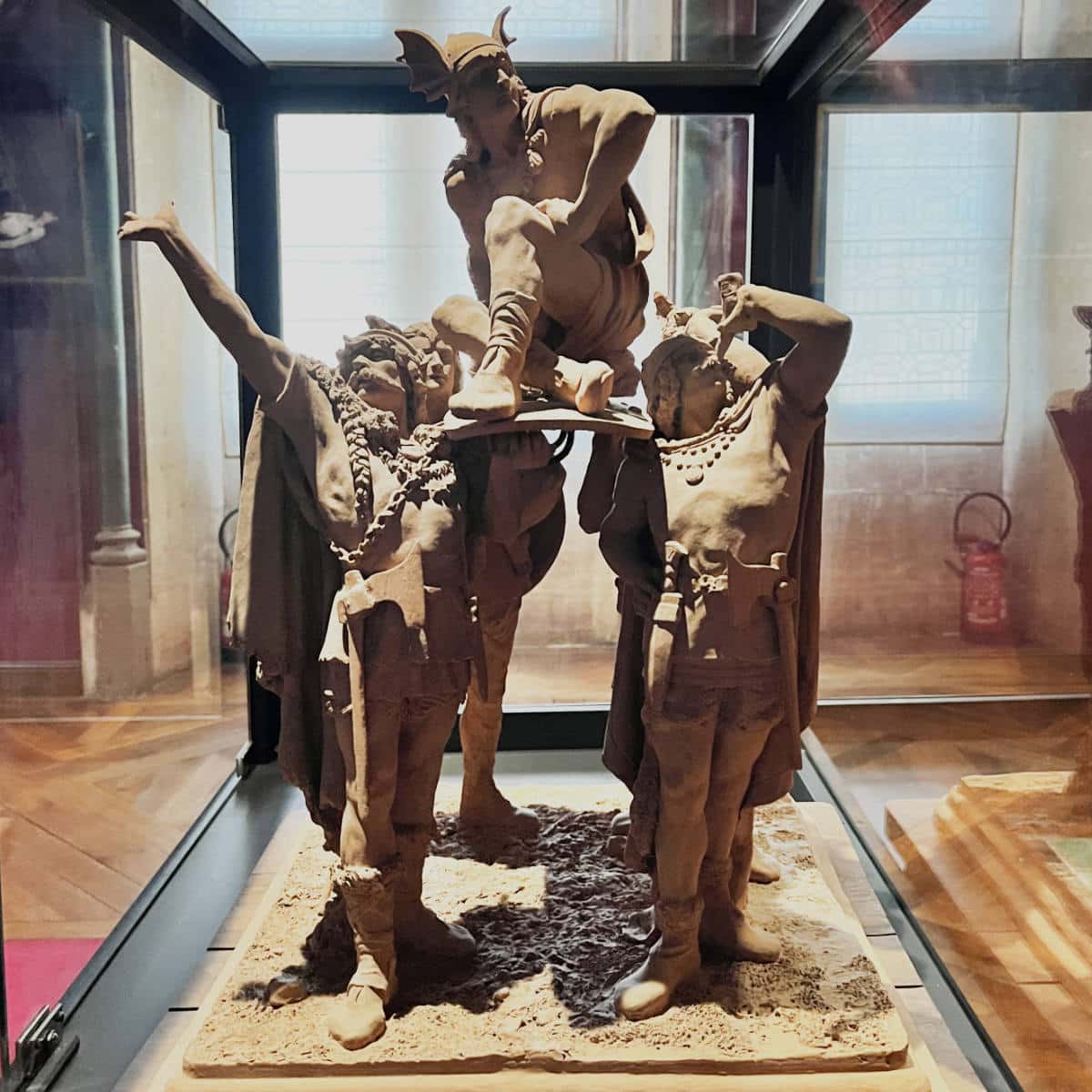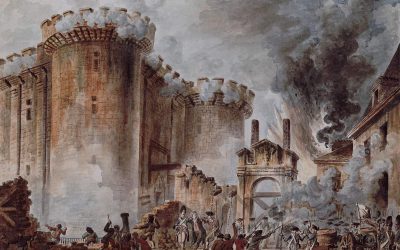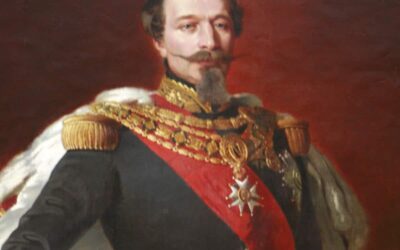Merovech (known in French as Mérovée) was the King of the Salian Franks. They became the most dominent Frankish tribe at the same time as the Romans Empire was declining in ancient Gaul.
If you are wondering where you heard that name “Merovingian” before, you may be remembering your Dan Brown novels. The books claimed that Mary Magdalene who arrives in Provence (see her tomb here) carrying Jesus’s child, marries their descendants into French nobility and becomes the Merovingian Royal line.
The King
It is Merovech after whom that the Merovingian dynasty is named after. However, not much is actually known about Merovech, the man.
Born around 411AD, most of what was recorded was written about him comes from the 6th century historian Gregoire of Tours. And Gregoire only mentions him in passing while busy embellishing the past of Merovech’s possible descendant Clovis I, the King who converted France to Christianity.
I say possible because Merovech could have been Clovis’s grandfather, uncle, a cousin, a distant relative, etc. (We know that Clovis’s father was Childeric I, but many other details are unknown, including who Childeric was descended from.)
The name ‘Merovech’ can be translated as “famous in combat” or “famous fighter” from Frankish “mére” meaning “reputation” and “vech” meaning “combat”. So it stands to reason that, if nothing else, he was a powerful lord.
The Legend
One that that is known is that Merovech’s story was written to inspire awe. For the medieval people, Merovech was born through a supernatural event, as his mother was said to have been impregnated by a sea creature, often described as a Quinotaur. This legend gave rise to the epithet “Merovech’s sea-born” and added a mythical aspect to his lineage.
Another story meant to inspire is the tale of his fight against Attila the Hun. Some historians think that Merovech commanded the Frankish tribes while allied with the Roman General Aetius and Visigothic king Theodoric I, to defeat Attila the Hun in 451 near Orlèans.
But the dates of Frankish kings who we do know of at the time, Childeric I and Clovis I, makes the timing very tight.
Nonetheless, the legend of Merovech has persisted through the centuries, blending history with myth and and early medieval European lore.
While we can assume this is quite a bit of creative license, there is no doubt that Merovech’s Frankish Salians tribe would become the dominant tribe through his descendant Clovis I.
The Royal Merovingian dynasty is named after him, and with him the beginnings of the Frankish Empire, eventually claiming their right to rule France.

If you enjoyed that article, you may like to read more about another great Frankish King, Charlemagne. A bientôt!




